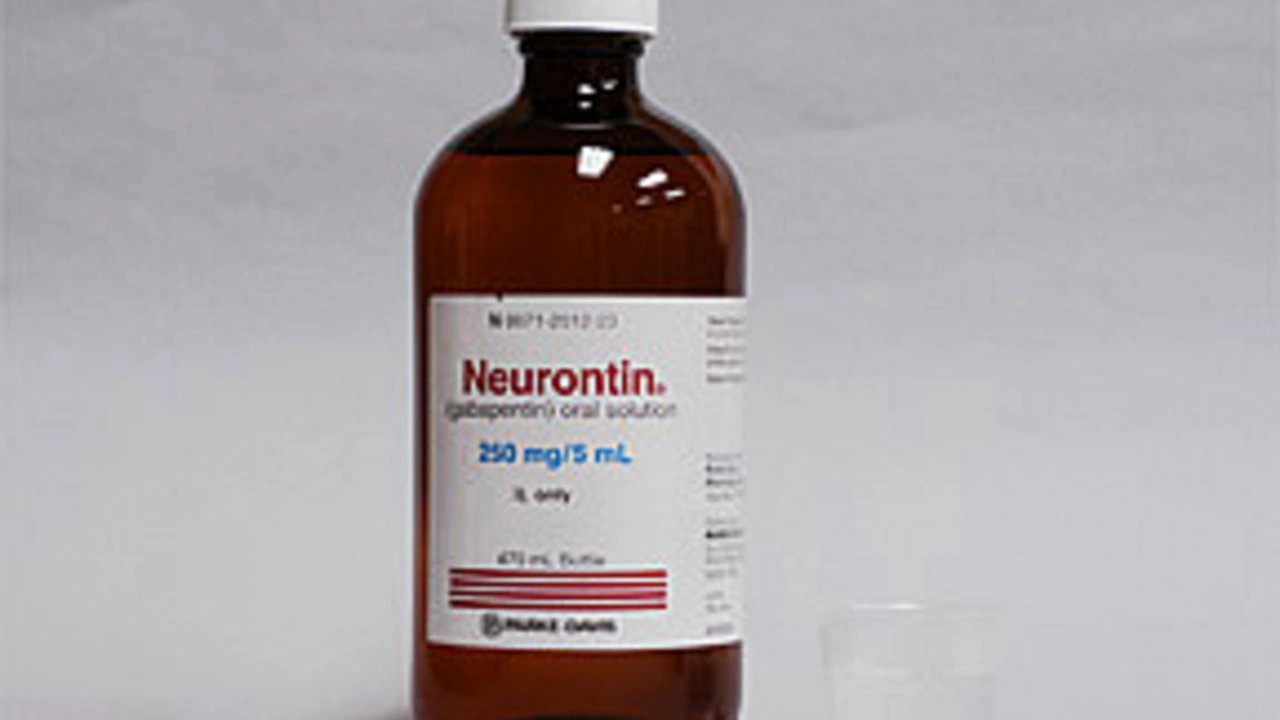Agar dietary supplement — what I learned in November 2023
In November I tested and read up on agar dietary supplement and wanted to share clear, usable takeaways. Agar is a seaweed-derived fiber people use for digestion, mild detox support, and to add bulk to meals. If you’re curious, here’s the practical stuff: what it may do, how to use it day-to-day, and safety tips so you avoid common mistakes.
What agar can do for you
Agar acts like a soluble fiber once mixed with liquid — it swells and adds bulk. That can help with regular bowel movements and make you feel fuller after meals, which some folks find helpful for weight control. It also has a mild ability to bind and move things through the gut, which is why people mention "detox" effects. Research has shown agar contains polysaccharides that the body doesn’t fully digest, so it mostly works in the gut rather than as a nutrient source.
Don’t expect a miracle. Agar supports digestion and satiety, not rapid fat loss or curing gut issues. If you have chronic constipation or IBS, talk to your doctor before trying anything new — agar can change stool consistency and interact with treatment plans.
How to use agar safely and effectively
Forms: agar comes as powder, flakes, or capsules. Powder and flakes are easy to add to smoothies, soups, or puddings; capsules offer convenience but might need higher doses to match powder effects.
Simple mix: for a basic start, try 1 teaspoon of agar powder in a cup of warm liquid, then let it gel or stir into smoothies. Start small — many people begin with half a teaspoon daily for a few days, then increase to 1–2 teaspoons if well tolerated. Always drink extra water because fiber needs fluid to move without causing blockage.
Timing: take agar between meals if you want appetite control, or with meals if you want to thicken food. If you take prescription meds, give a 1–2 hour gap between the supplement and your medication to avoid reduced absorption.
Side effects and who should avoid it: common reactions are bloating, gas, or mild stomach discomfort when you start. Rarely, too much fiber with too little water can cause constipation or an intestinal blockage — so hydrate. Avoid agar if you’re pregnant, breastfeeding, or have a history of bowel obstruction unless your healthcare provider says it’s safe.
Where to buy and what to look for: choose products from reputable brands, check ingredient lists for pure agar agar (no fillers), and read reviews about texture and solubility. If you prefer whole-foods, look for culinary agar used in recipes — it’s the same ingredient but may require different preparation.
If you want a simple plan: start with half a teaspoon in a smoothie once daily, drink an extra glass of water, watch how your body reacts for a week, then adjust. If anything feels off, stop and consult a clinician. ClearSkyPharmacy.Biz covered these practical points in November, so you can try agar with a clear, safe approach.
Find the Top Neurontin Discounts Online: Save on Your Prescription Now
Hey everyone, are you looking for the best deals on Neurontin? Look no further! I've scoured the internet to bring you the top discounts and savings on your Neurontin prescriptions. We all know how costly medications can be, but I'm here to tell you that it doesn't have to break the bank. Stick with me, and I'll show you how to save big and keep more money in your pocket while managing your health. It's all about smart shopping and taking advantage of the best offers out there!
Elevate Your Wellness Game: How Agar Dietary Supplement Can Transform Your Health
Hey there, guys! I’ve been lately engrossed in a wellness craze myself and can't wait to share with you this astonishing secret weapon – Agar Dietary Supplement. It's my latest go-to for transforming my health and levelling up my wellness game. By incorporating Agar into my daily routine, I've reached new peaks of energy, vitality and detoxification like never before. Want to elevate your health too? Follow along as I reveal how you can make the same difference to your wellness routine. Stay tuned, you won't want to miss this!
© 2026. All rights reserved.


